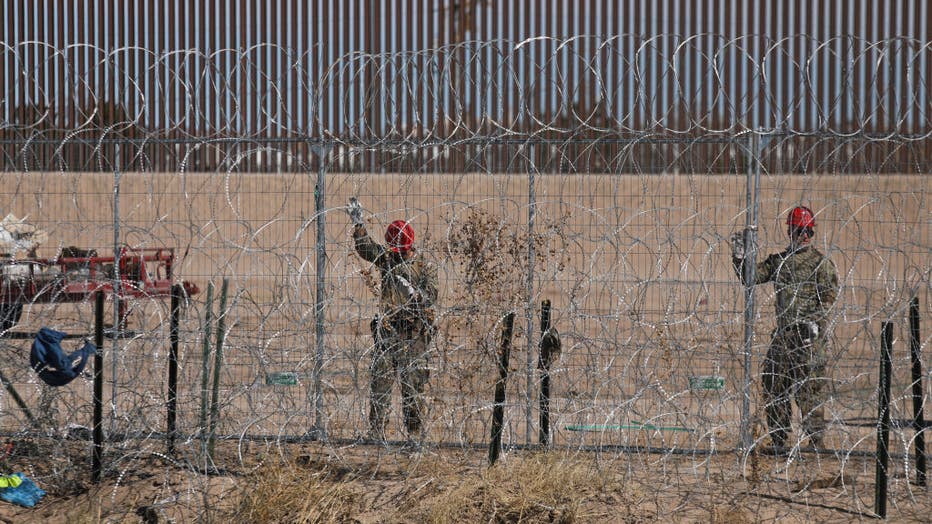SB 4: Supreme Court extends pause on Texas immigration law
AUSTIN, Texas - The U.S. Supreme Court extended a pause Tuesday on a Texas law that would allow police to arrest migrants accused of crossing into the country illegally as federal and state officials prepare for a showdown over immigration enforcement authority.
Justice Samuel Alito’s order extending the hold on the law until Monday came a day before the previous hold was set to expire. The extension gives the court an extra week to consider what opponents have called the most extreme attempt by a state to police immigration since an Arizona law that was partially struck down by the Supreme Court in 2012.
PREVIOUS: Supreme Court temporarily blocks Texas law that allows police to arrest migrants
U.S. District Judge David Ezra had rejected the law last month, calling it unconstitutional and rebuking multiple aspects of the legislation in a 114-page ruling that also brushed off claims by Texas Republicans of an "invasion" along the southern border. But a federal appeals court stayed that ruling and the Justice Department asked the Supreme Court to intervene.

Engineers from the Texas National Guard erect a wire fence on the banks of the Rio Grande river to prevent the illegal entry of migrants from Ciudad Juarez, Chihuahua State, Mexico, on March 4, 2024. (Photo by Herika Martinez / AFP) (Photo by HERIKA
Republican Texas Gov. Greg Abbott signed the law, known as Senate Bill 4, in December. It is part of his heightened measures along the state’s boundary with Mexico, testing how far state officials can go to prevent migrants from crossing into the U.S. illegally after border crossing reached record highs.
Senate Bill 4 would also give local judges the power to order migrants arrested under the provision to leave the country or face a misdemeanor charge for entering the U.S. illegally. Migrants who don’t leave after being ordered to do so could be arrested again and charged with a more serious felony.
In an appeal to the high court, the Justice Department said the law would profoundly alter "the status quo that has existed between the United States and the States in the context of immigration for almost 150 years."
U.S. officials have also argued it would hamper the government’s ability to enforce federal immigration laws and harm the country’s relationship with Mexico.
The battle over the immigration enforcement law is one of multiple legal disputes between Texas officials and the Biden administration over the extent to which the state can patrol the Texas-Mexico border to hamper illegal crossings.

